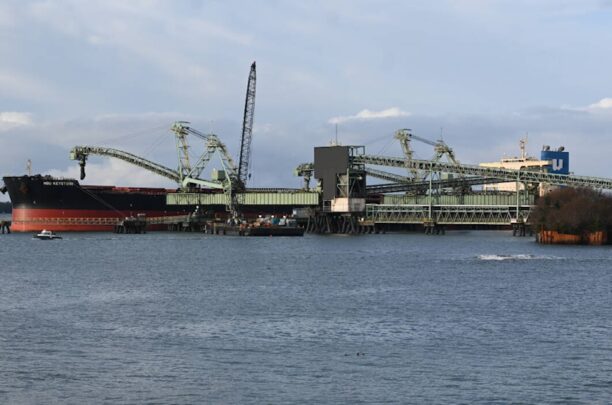Legal Battle Over LPG Export Project

Trigon Terminals Initiates Legal Action to Push Forward LPG Export Terminal Plans
Trigon Terminals is taking legal action to ensure the development of its envisioned Liquid Petroleum Gas (LPG) export terminal. This move follows a dispute with its landlords, the Prince Rupert Port Authority, who denied Trigon’s proposal to transform its coal terminal for LPG exports. The port had previously granted exclusive LPG export rights to Altagas and Royal Vopak’s Ridley Island Energy Export Facility, even though a final investment decision had yet to be reached.
Undeterred by the legal standoff, Trigon is forging ahead with its LPG project. Preliminary engineering, rail design, and risk assessments are underway and expected to conclude by next spring.
Trigon’s decision to pivot towards LPG export plans in November was primarily driven by the anticipation of federal thermal coal export bans that could be enforced by 2030. If all progresses as intended, the company envisions commencing its LPG project by the end of 2027, with an on-site storage capacity of approximately 120,000 cubic meters for butane and propane.
Rob Booker, Trigon’s CEO, emphasized the positive feedback the project has received and highlighted its potential benefits. He stated, “Repurposing and ‘upcycling’ a portion of our terminal is good for everyone – the Canadian economy, Canadian producers, the people we employ, and the communities we support.”
Trigon’s recent update coincided with the Prince Rupert Port Authority’s announcement that work on the Ridley Energy Export Facility (REEF) project had commenced.
















